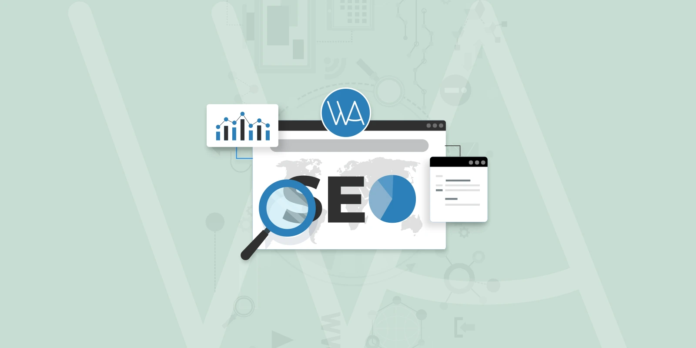All business owners have to consider the legal aspects of their business and blogging is no exception. A lot of new bloggers go wrong here because they simply don’t realize that there are a lot of legal problems you need to be aware of when starting a blog. Most people start their blog as a hobby and start trying to monetize it later so and they don’t realize that the rules change once you start making a profit from your online activities. If you’re making money out of your blog, these are the legal slip-ups you need to avoid.
Stealing Content
This is the most obvious one and you’re probably already aware of this but it’s worth going over again. If you use content from anybody else’s site without their permission, you’re breaking the law. It doesn’t matter if you credit them or not, you still need their permission. There are a lot of people out there that will just copy and paste content straight from somebody else’s site and pass it off as their own. That’s illegal because a person owns the copyright to any original content that they create. So, if you’re using it without permission you’re breaking copyright law. That’s pretty obvious and most people know that they shouldn’t flat out steal somebody else’s work, but sometimes, people break copyright law by accident even though they have the best intentions. Quoting somebody else is a good example of this. If you’re writing an article on something and you’re doing some research and you come across piece information or an idea that you think will be useful, you might want to quote it in your own article. If you’re crediting the quote, you wouldn’t think that the original poster would have an issue. Most of the time they won’t and if you ask them, they’ll be happy to let you quote their work. That’s the important part though, you have to ask first. There are some exceptions to this rule and very small portions are sometimes considered fair use but it’s best to be safe and get permission every time. If you haven’t written something yourself, you can’t use it without permission.
Data Protection
Data protection is a big issue at the moment and a lot of people are starting to ask questions about how companies and websites handle their personal information. There are some quite strict guidelines on how you handle customer data and you need to make sure that you’re only sharing it with the customer in question. If you share personal information with somebody else, even if it’s by accident, you’re on the wrong side of the law. That’s why companies ask you for details like your date of birth and address when you call them up, it’s to make sure that they’re talking to the right person. People don’t always realize that this is something you need to consider when you’re writing a blog, especially if you’re selling products through the site. The guidelines for data protection are set out in the General Data Protection Regulation. If you’re not familiar with it, you should look it up and make sure you know the rules. The most important thing is that you’re taking steps to verify people’s identity before sharing any information with them. If you want to be extra sure, you can use Netverify to comply with GDPR regulations. It’s a great service that allows customers to use document verification and facial recognition on their phones so you can be absolutely sure you’re only sharing information with the right people. The penalties for breaking the data protection law are very steep so always make sure you’re getting it right.
Affiliate Links
One of the best ways to monetize your blog is by using affiliate links. Companies will pay you a fee to write a review of their product and provide a link to a place where readers can buy it. Bloggers that have a big following can easily sway opinion, especially if they’re considered an authority in the area that they write about. That’s why there are laws to make things more transparent. It’s fine for you to promote people’s products and give your opinions on them but readers need to understand that you’re being paid to add the link to your site so they can make their purchasing decisions with all of the information. That’s why you need to add an affiliate disclosure page to your blog. This will explain to your readers that, while you are giving your honest opinions about the product, you are being swayed by the fact that the company is paying you. This needs to appear on any page where there is an affiliate link without exception.
If you end up on the wrong side of the law, you could end up being fined a hefty amount and end up in a lot of trouble so make sure that you know the law inside out.







I agree that Data protection is one of the most significant issues most bloggers have to face, and the tips in the Paragraph mentioned above are essential to fix the problem. Thank you for sharing great tips and tricks with us.